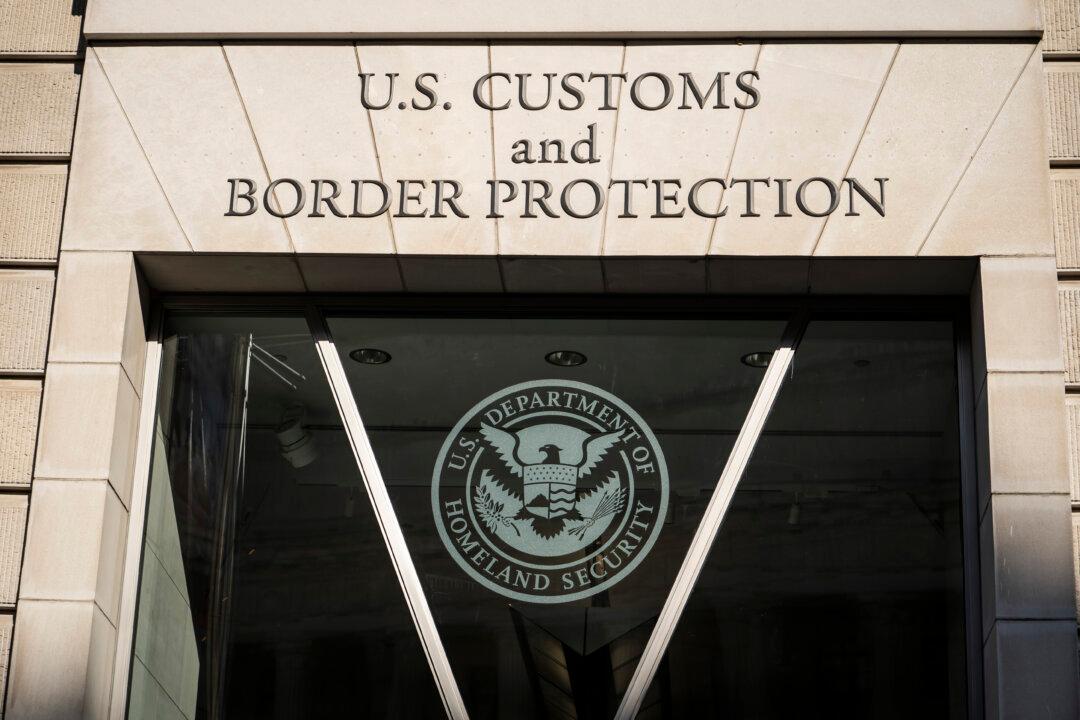U.S. investors and companies need to learn a lesson from Beijing’s recent crackdown on Chinese tech companies, warned Riley Walters, deputy director of the Japan Chair at the Washington-based think tank Hudson Institute.
“Beijing doesn’t want these tech companies’ power to rival that of their own,” Walters said in a recent interview with NTD, an affiliate of The Epoch Times.
He said the communist regime was reminding these companies that, even if they go list on overseas stock exchanges, Beijing would still be their “sole regulator.”
“For Beijing, no one comes before the [Chinese Communist] Party in China,” Walters said.
Pinduodu, a Chinese e-commerce company that’s listed on Nasdaq, was summoned by the Shanghai Consumer Council, a quasi-government body, in May over the firm’s alleged practices that damaged the rights of consumers.
Didi’s shares have dropped by more than 35 percent since its IPO. On Aug. 11, its shares closed at $8.83.
The additional disclosures include that “investors face uncertainty about future actions by the government of China that could significantly affect the operating company’s financial performance.”
While the regime’s crackdown has so far been limited to Chinese companies, it could eventually expand to foreign companies, according to Walters.
“For foreign companies, not just investors, but companies investing in China, there is the potential that you could one day come under the hammer,” he said.
As for investors, Walters said they need to “rethink some of their investment choices.”
“As we have seen recently, Beijing is willing to crack down on certain industries, at what almost seems like at the drop of a dime,” he said.
“And so one day, you’re investing in a certain industry, and you think it’s a safe investment. The next thing you know, Beijing is saying, ‘We’re not letting that happen anymore.’”
There are already signs that China might take its crackdown to the next level in the near future.
On Aug. 11, China’s cabinet-like State Council issued a new blueprint for five years, ending 2025, on how to improve the country’s governance. One plan calls on “strengthening” legislation in areas such as national security, technological innovation, public health, biosecurity, and anti-monopoly laws. Additionally, relevant agencies should “timely follow on its study” of the legal framework in multiple sectors, including digital economy, internet finance, artificial intelligence, big data, and cloud computing.
Another plan calls for “enhancing” law enforcement in certain sectors, ranging from food and drugs, public health, and financial services to education tutoring.
“Beijing isn’t going to change—these new regulations for these companies. It’s not just a blip,” Walters said.
“They’re just going to continue to invest in these new regulations. We see it all the time. Once an initiative gets started, it doesn’t slow down. As so for investors, they need to be cognizant of that.”





